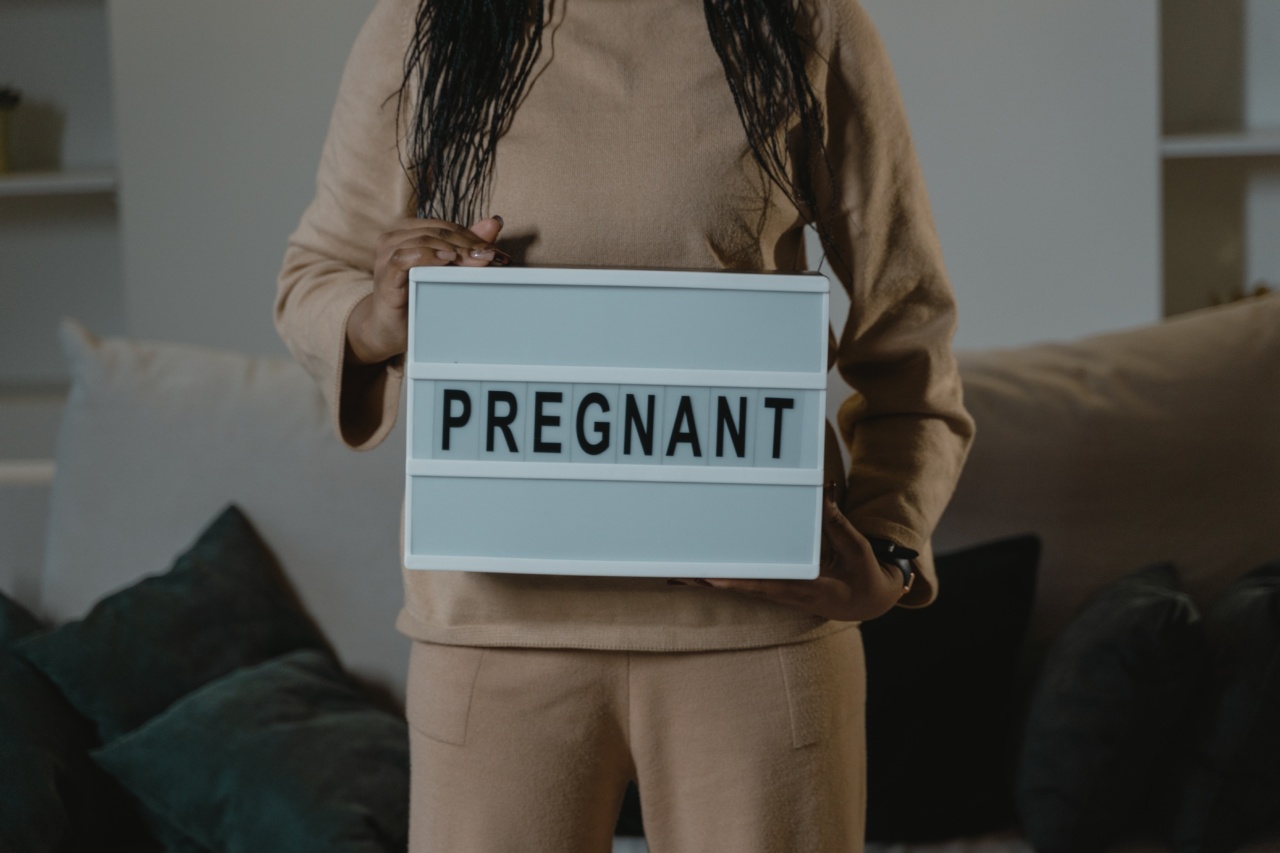For women who are trying to conceive, the early signs of pregnancy can be both exciting and nerve-wracking.
There are the classic symptoms such as missed periods and morning sickness, but there are also lesser-known signs that mean you could be pregnant. These symptoms could occur as early as one week after conception, although they are easy to overlook if you aren’t aware of them.
1. Fatigue
Not getting enough sleep or being overstressed can lead to tiredness, but fatigue is also a typical sign of early pregnancy. Women can feel exhausted even after sleeping for a long time.
This is because the body is producing more hormones to support the developing fetus.
2. Twinges and Cramps
During early pregnancy, the uterus begins to stretch, which can lead to some cramping and twinges in the lower abdomen. This pain, which should subside after a few days, is different from menstrual cramps and can feel like mild to moderate pressure.
3. Spotting
Many women experience spotting or light bleeding a few days before their period starts. However, if this bleeding is lighter or shorter than usual, it could be a sign of pregnancy.
This is called implantation bleeding and occurs when the fertilized egg implants itself in the uterus wall.
4. Nausea and Vomiting
Most people have heard about morning sickness, but some women may experience nausea at any time of the day. This symptom usually starts around the sixth week of pregnancy and goes away by the 14th week.
5. Changes in Appetite
Pregnancy can bring on cravings and aversions to certain foods. A woman may crave a particular type of food or reject a food she loved before without warning. These changes in appetite usually start during the first trimester.
6. Breast Changes
Pregnancy can cause the breasts to feel sore, tender, or swollen. The nipples may also become darker, and the veins become more noticeable as the breasts prepare for milk production.
7. Frequent Urination
Pregnancy can cause women to urinate more frequently than usual, especially during the first and third trimesters. This is because the uterus puts pressure on the bladder, causing it to empty more often than normal.
8. Headaches and Dizziness
The increased production of hormones during pregnancy can lead to frequent headaches and bouts of dizziness. These symptoms usually go away on their own or can be managed with over-the-counter medication.
9. Back Pain
Pregnancy can cause back pain, which can be caused by the increased weight and pressure on the lower back. This pain can range from mild to severe and may need medical attention if it doesn’t improve on its own.
10. Mood Swings
Pregnancy can cause significant changes in a woman’s emotions, causing them to feel happy, sad, or anxious in a short period. These mood swings can happen at any time during pregnancy but are most common during the first trimester.
Conclusion
While some pregnancy symptoms are well-known, such as nausea and fatigue, there are also lesser-known signs that could indicate you are pregnant. These symptoms include cramps, spotting, and changes in appetite.
If you are experiencing any of these signs and have missed your period, it’s time to take a pregnancy test.





























